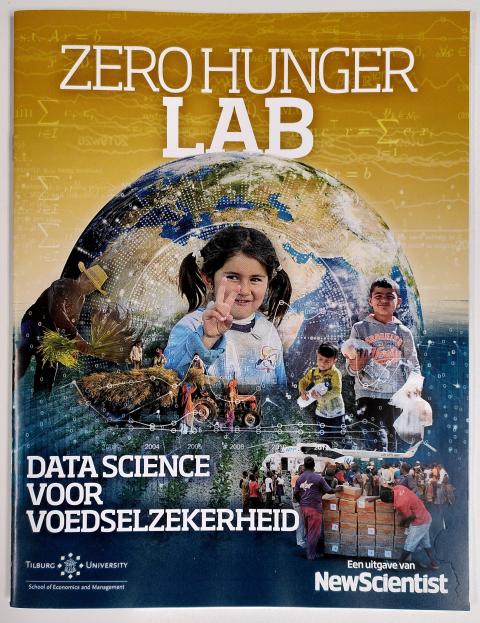Valorization
The term valorization is derived from the Latin valor meaning "value.” At Dutch universities, valorization is about the value of knowledge, more precisely about its utilization. Sometimes that value is very clear, such as when a patent is obtained on a university invention that brings economic value. The extent to which companies contribute financially to universities is also counted in the domain of valorization. At technical universities such as TU Delft in 2015, some sixty percent of third-party funding came from companies, at Tilburg that year, five percent of external income came from companies.
The major difference is related to the alpha and gamma sciences in which Tilburg University specializes. Rather, the value of those disciplines is shaped by sharing knowledge with societal stakeholders. Tilburg University has been doing this from the very beginning. For example, professors serve on advisory councils such as the SER (Social and Economic Council) or the WRR (Scientific Council for Government Policy). In the past, Tilburg economists such as Schouten, Kolnaar, and Van de Klundert sat on the SER. The WRR currently has two members who are professors at Tilburg University: lawyers Corien Prins (chair) and Ernst Hirsch Ballin.
Magazine Elsevier, in cooperation with Science Works, publishes a valorization summit every two years. In 2015, Tilburg University emerged as the best communicating university in it for the third time. Furthermore, the university has the highest participation of academic staff in advisory boards. Its political impact is also high: Tilburg University is the second most frequently mentioned university in documents from the House of Representatives. Scientific insights also become available to third parties through Tranzo’s academic collaborative centers, and the contract education provided by the university (with TIAS Business School). All are forms of "measurable valorization," according to Elsevier.
The concept of valorization is not equally popular among all academics. The criticism is that the term primarily means "economic benefit," which is often not the case in the case of humanities, for example. Also, the emphasis on applicability and economic utility could come at the expense of fundamental science. Nevertheless, in 2014 Dutch universities made agreements with the minister to make their valorization more visible, taking into account the differences between scientific disciplines.

In Tilburg, this takes shape in the Impact Program, among others, with three strategic themes: Enhancing Health and Well-being, Empowering the Resilient Society, and Data Sciences for the Social Good. Several programs and projects have been developed, often involving sustained collaboration with various partners in academic collaborative centers. Publications highlight, for example, the Zero Hunger Labs, which addresses the role of mathematics in solving famine.
Zero hunger lab (pictured above)
More about history and academic heritage
The Tilburg University academic heritage is a very diverse set of archives, visual materials, collections, devices, recorded stories, et cetera that relate to the history of the university.